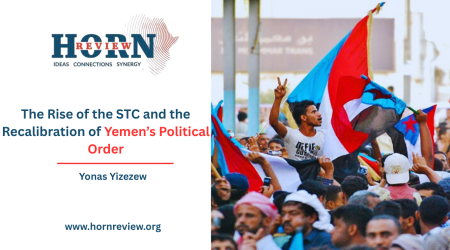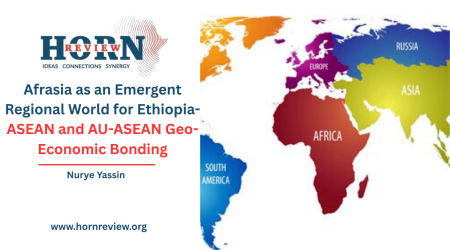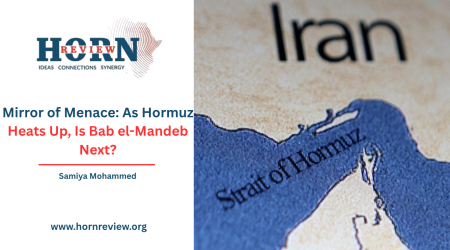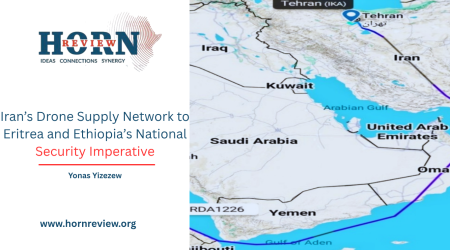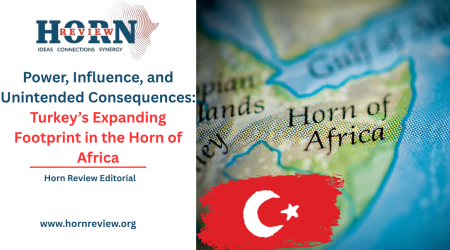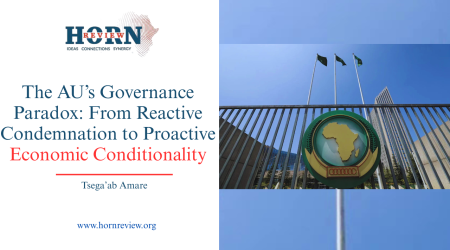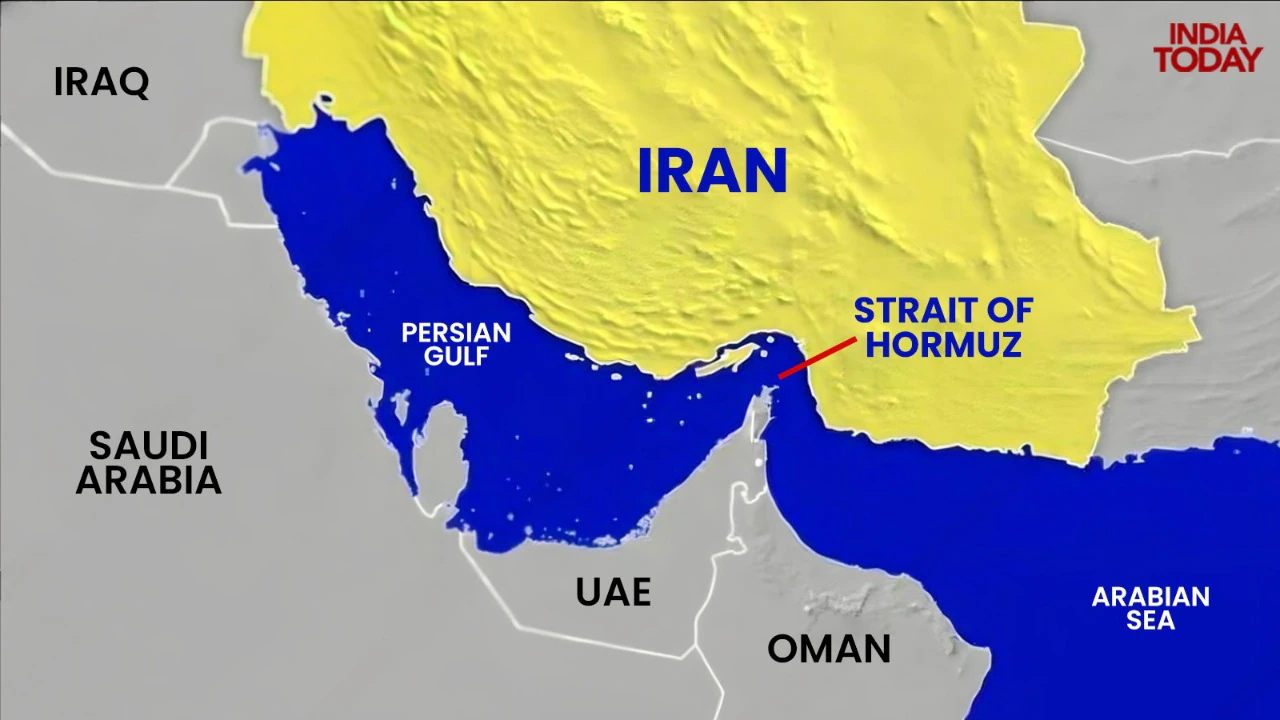
19
Jun
Hormuz Lockdown: The Red Sea Graveyard
The Fatal Blind Spot
The Strait of Hormuz isn’t just another waterway,it’s the beating heart of global energy security. When Iranian lawmakers recently threatened to strangle this 21mile wide artery through which 20% of the world’s oil pulses daily, they weren’t saber rattling. They were playing with a lit match near a powder keg of economic catastrophe.
The immediate aftermath would see oil prices skyrocket, triggering inflation tsunamis from Tokyo to Toronto. But the deeper tragedy is when the world’s tankers reroute through the Bab al-Mandeb Strait and Red Sea turning East Africa’s coastline into a pressure cooker of piracy, terrorism, and great power brinkmanship.
Picture the Hormuz sealane snapping shut. Within hours, super tankers carrying Qatari LNG and Saudi crude would be trapped in the Persian Gulf like caged animals. Global oil prices would instantly surge past benchmarks suggest spikes exceeding 30% plunging energy-dependent economies like Japan and India into panic . With no viable alternatives for Gulf exporters existing pipelines can divert barely 2.6 million barrels daily, a fraction of Hormuz’s 20 million, the world’s fleet would have no choice but to flood the Bab al-Mandeb Strait the narrow passage between Yemen and Djibouti leading to the Red Sea and Suez Canal.
This is where the crisis mutates. Bab al-Mandeb is already a warzone haunted by Houthi missiles and resurgent pirates. In 2024 alone, Houthi militants launched over 40 attacks on vessels, while pirate incidents surged from 6 to 19 year-on-year. Diverting the world’s commercial fleet here would be like pouring gasoline on a fire: for ships would become prohibitive, strangling supply chains , Critical undersea data cables carrying 25% of Asia-Europe telecom traffic face heightened sabotage risks after March 2024 damage incidents Naval powers like the U.S., EU, and China would deploy more warships, escalating tensions in confined waters already patrolled by 13 foreign militaries.
East African nations, this rerouting isn’t theoretical,it’s an existential threat. The region’s maritime economies survive on open sea lanes, yet lack the naval might to secure them. Djibouti’s entire GDP hinges on port fees Mombasa and Dar es Salaam handle 90% of East Africa’s trade. A Hormuz closure would transform their waters into a dystopian free for all.
Al-Shabaab would weaponize the chaos. The group has already exploited anti Ethiopian sentiment to recruit thousands after Addis Ababa’s port deal with Somaliland. A naval crisis would let them pose as “coastal defenders”.
world powers treat these points as isolated emergencies rather than interconnected arteries. The U.S. mobilizes carrier groups to deter Iran in Hormuz but underfunds piracy patrols off Somalia. Europe’s naval missions (Atalanta, Aspides) intercept weapons bound for Yemen yet ignore the illegal fishing draining Somali livelihoods a root cause of piracy. Meanwhile, Ethiopia’s quest for port alternatives through Somaliland languishes in diplomatic purgatory, risking explosive fallout.
Escaping this spiral demands more than naval barricades it requires rewiring regional incentives Ethiopia’s Somaliland deal shouldn’t be a dirty secret it should be a blueprint. The UAE’s $442 million investment in Berbera port proves African hubs can thrive with foreign backing . The EU and World Bank must fund similar projects in Tanzania, Kenya, and Angola creating a network of “point-proof” ports. China’s involvement in Djibouti shows this is possible,competing powers must turn rivalry into co-investment.
The EU’s Atalanta mission has prosecuted 145 pirates since 2008 but courts won’t stop hunger . Pair naval patrols with blue economy partnerships joint ventures between Gulf fishing giants and Somali co-ops to legally harvest tuna stocks offshore wind farms employing ex-pirates as security. If waters provide jobs, they won’t breed criminals.
Ethiopia should immediately recognize Somaliland in exchange for international guarantees to Somalia: debt relief, port revenue sharing, and security pacts against Al-Shabaab. Turkey and Qatar key Somalia allies could broker this alongside the African Union. Simultaneously, Oman and Saudi Arabia must revive dormant pipelines from the Gulf to the Arabian Sea creating permanent Hormuz bypasses.
The specter of Hormuz isn’t just an energy shock it’s a stress test for a fraying world order. When a single strait’s closure can starve factories in Germany, spike inflation in India, and trigger wars in Somalia, our system is dangerously brittle. Yet within this vulnerability lies opportunity building alternative trade corridors through Africa wouldn’t just dodge these points it would finally treat the continent as a partner rather than a pawn.
By Samiya Mohammed,Researcher,Horn Review


